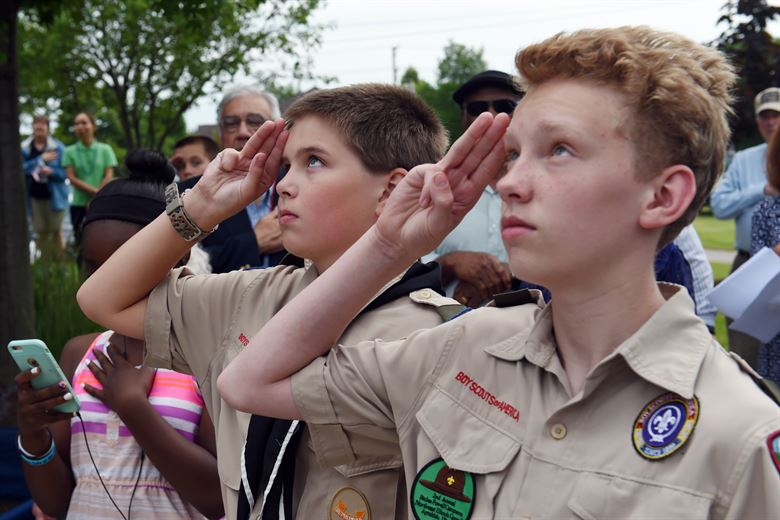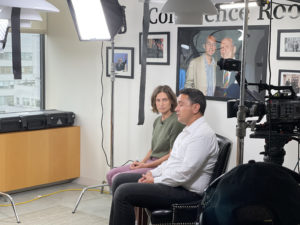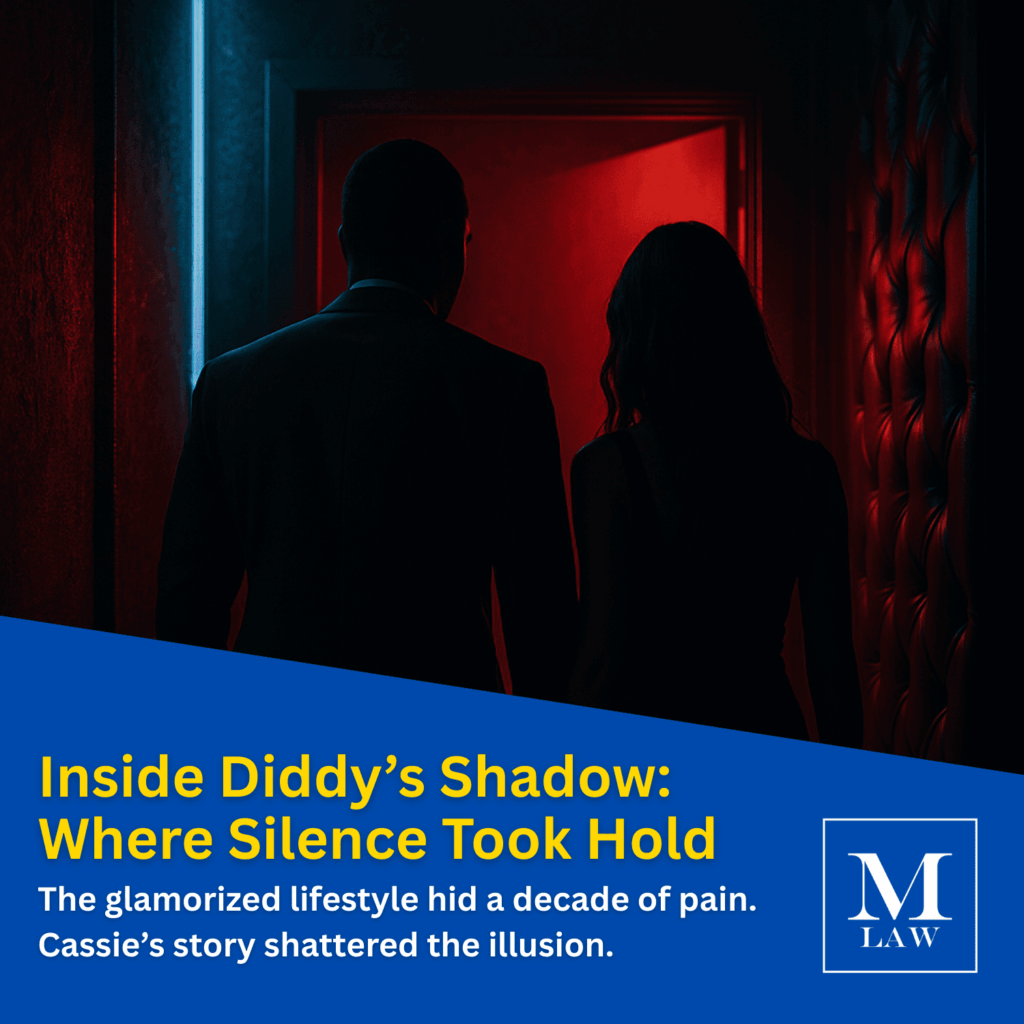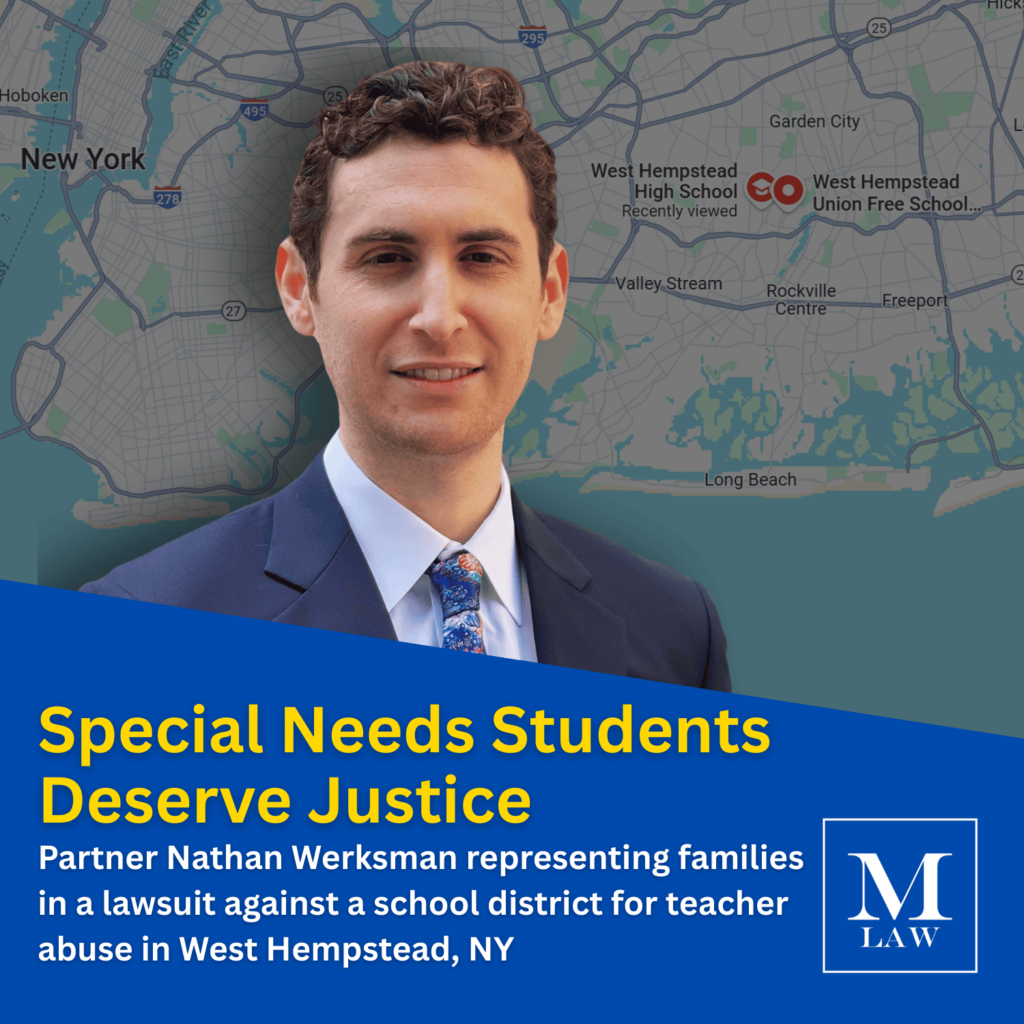“It is important that people see this dollar amount, and know this is not the end; this is just the beginning. There are billions of dollars in insurance money, and the fight to get that money is continuing.”
The Boy Scouts of America more than doubled its initial offer of compensation to sexually abused Scouts late Thursday to $850 million, setting the stage for a historic settlement as part of the youth organization’s bankruptcy proceedings.
The offer comes more than a year after the nonprofit group filed for bankruptcy as it faced 275 abuse lawsuits and 1,400 potential claims. By the November 2020 deadline for victims to come forward, the number of claims had risen to nearly 90,000, making it one of the largest sex abuse cases against a single national organization.
“This initial settlement of $850 million is the largest settlement of sexual abuse claims in United States history,” Ken Rothweiler, a lawyer representing a group of survivors, said in a statement. “I am pleased that both the BSA and their local councils have stepped up to be the first to compensate the survivors.”
Another attorney representing survivors, Paul Mones, told USA TODAY that with insurance contributions he expects the amount of the settlement to grow to over $1 billion. Jordan Merson, also a plaintiffs attorney, held out hope for more.
“It is important that people see this dollar amount, and know this is not the end; this is just the beginning,” Merson said. “There are billions of dollars in insurance money, and the fight to get that money is continuing.”
In a statement released on Friday, the Boy Scouts of America characterized the offer as part of its plan to emerge from bankruptcy this year.
“Bringing these groups together marks a significant milestone and is the biggest step forward to date as the BSA works toward our dual imperatives of equitably compensating survivors of abuse and preserving the mission of Scouting,” the statement read.
Controversy had centered on the lower original offer, particularly from the hundreds of local Scout councils. In the offer filed in federal bankruptcy court on Thursday, the councils are shouldering the largest share: $600 million.
“There was never going to be an agreement that any survivor would be happy about,” Mones said. “What we attempted to do in this negotiation was, under the circumstances, and with all of the various competing interests, the best deal possible.”
With a reduction in expected eligible victims to about 82,000, the amount proposed on Thursday would provide roughly $10,000 to each claimant, which will be provided at different time periods to the survivors. That assumes an even distribution among survivors and does not reflect issues related to statutes of limitations or specific acts of abuse.
In addition to the settlement money, Boy Scouts of America agreed to give the Settlement Trust access to all records related to abuse, as well as non-monetary compensation such insurance rights and protective measures in current organization programs.
“We’ve also seen a very important part of our mission is to do everything possible to make sure this doesn’t continue to occur,” said Douglas Kennedy, co-chair of the survivor’s committee.
Kennedy, who said he was abused as a teen on a Scout camping trip, added that access to records will be beneficial to the public, too, so “anybody who was an abuser isn’t walking around serving other organizations.”
Mones said now the victims who filed claims will vote on the settlement, which he said he believes they will accept.
However, plaintiffs attorney Michael Pfau questioned whether the offer is robust enough. In March, USA TODAY estimated the Boy Scouts to be worth over $3.7 billion, including more than 250 local councils plus various trusts and endowments.
“The Boy Scouts have disclosed that their local councils have over $1.8 billion in unrestricted net assets, but their latest plan and disclosure statement fail to disclose how much each council is contributing to this bankruptcy,” Pfau said. “Our clients are already calling us and asking why this new proposal is acceptable when it appears the local councils have so much more to contribute.”
Original article written by Jordan Mendoza and published in USA Today








